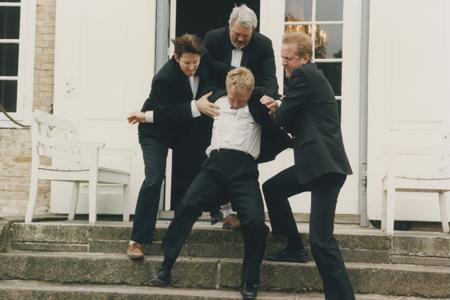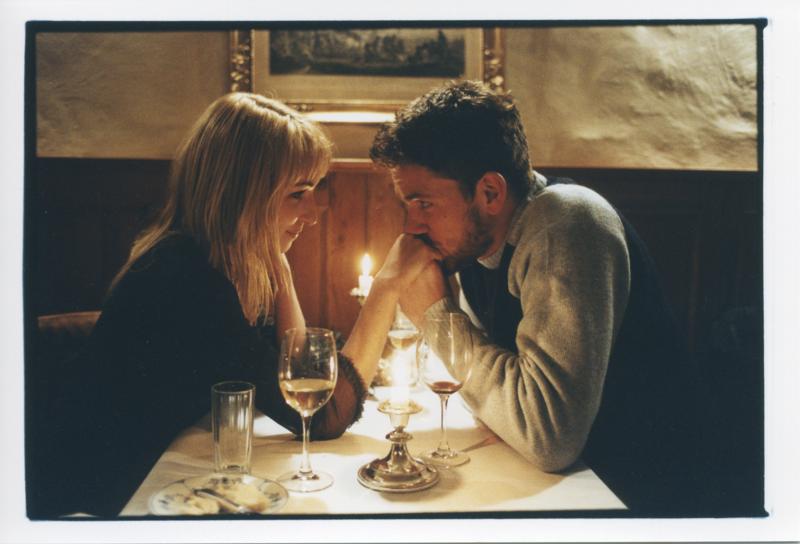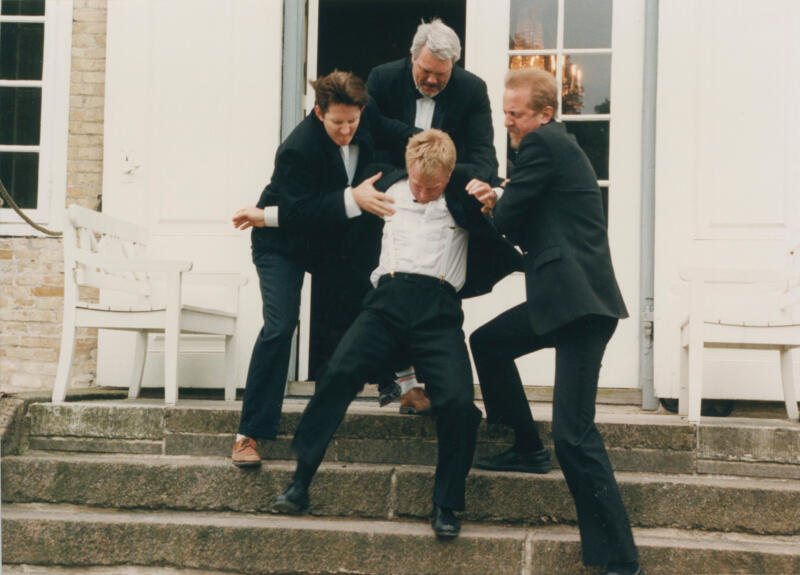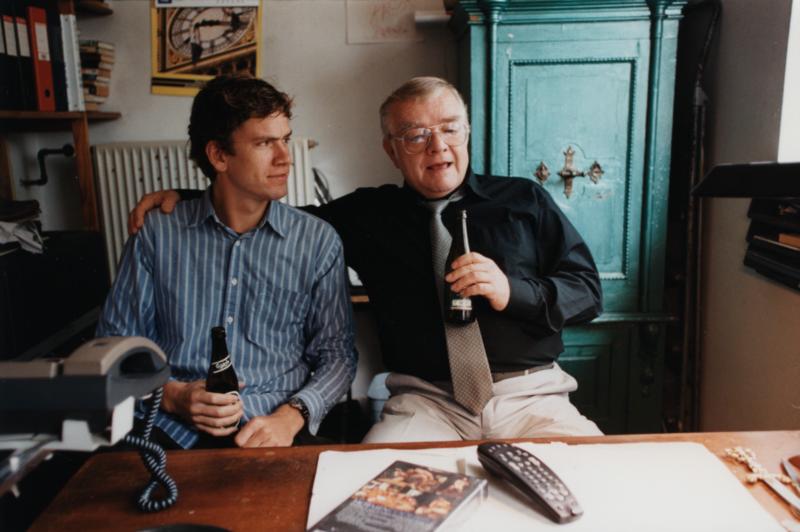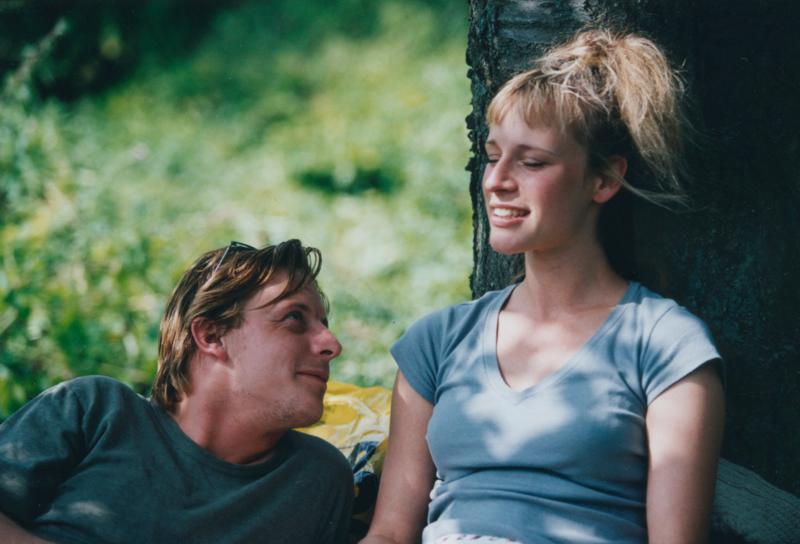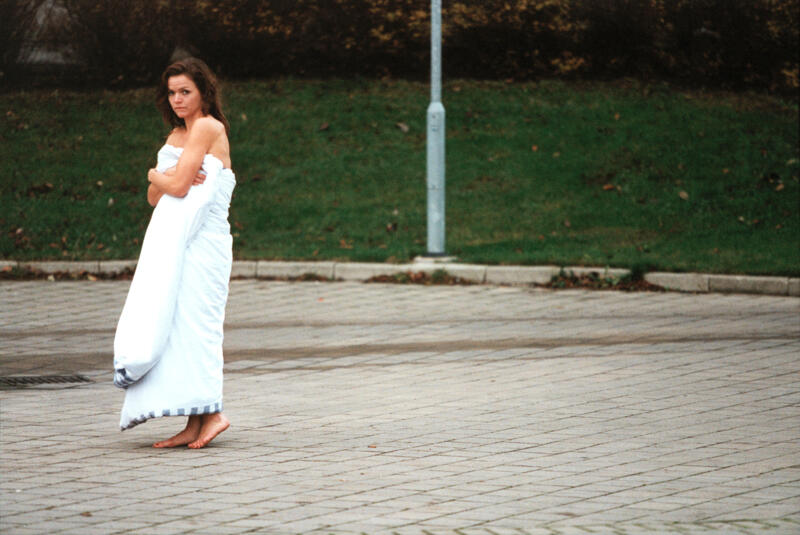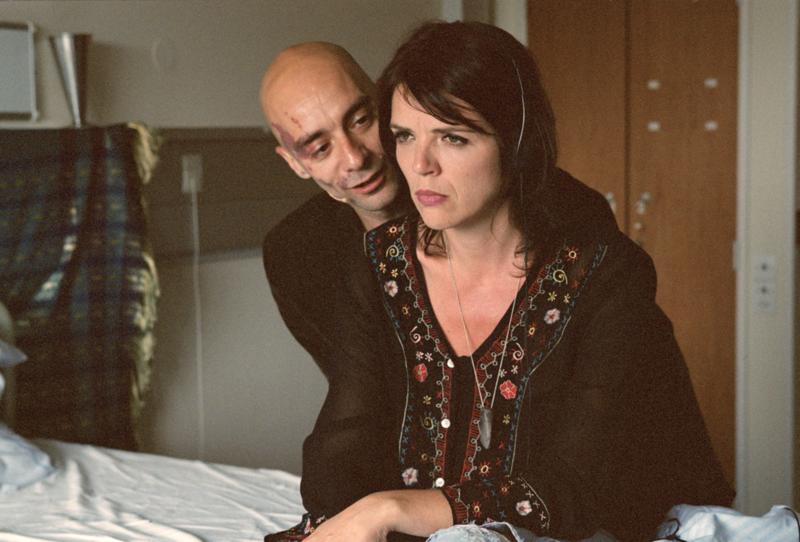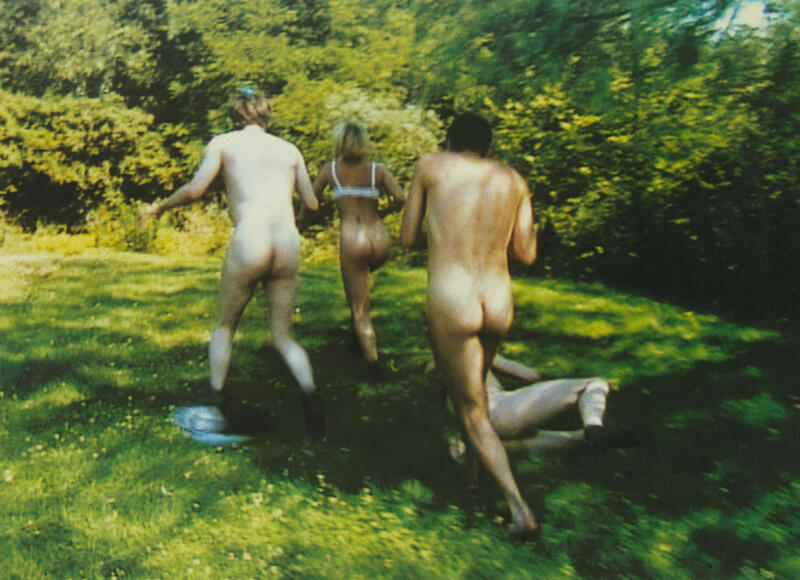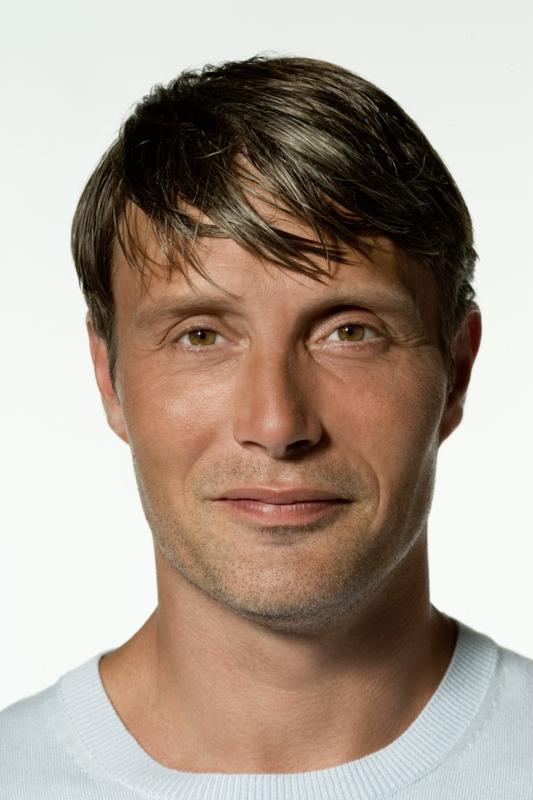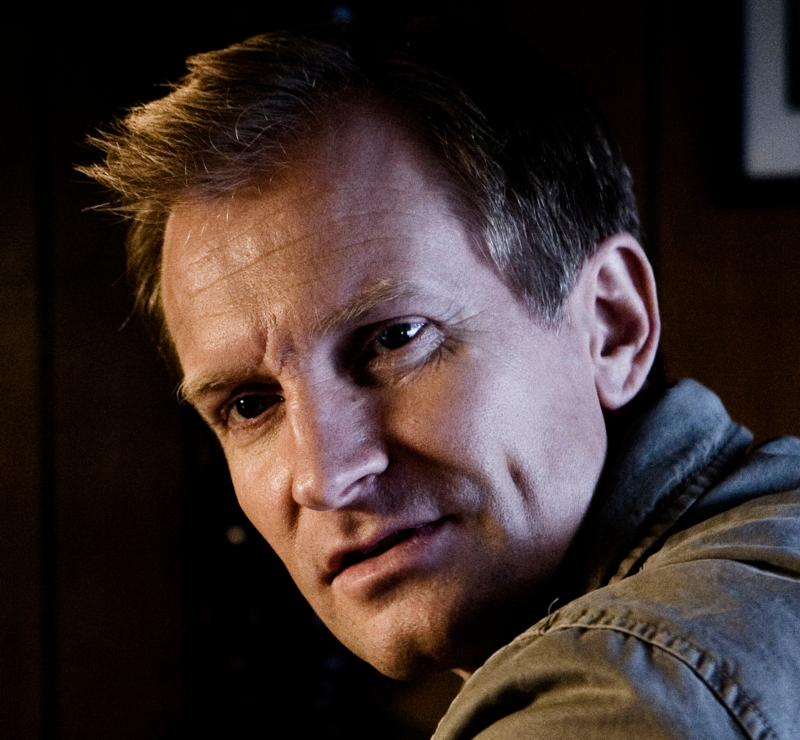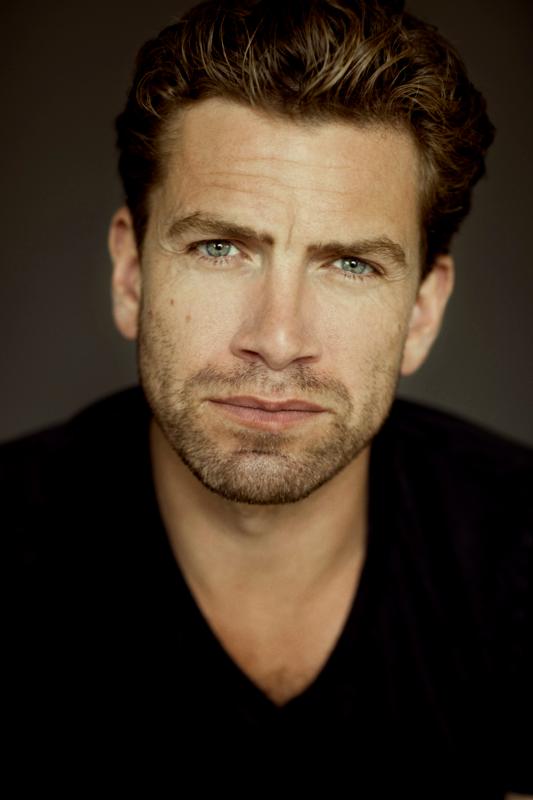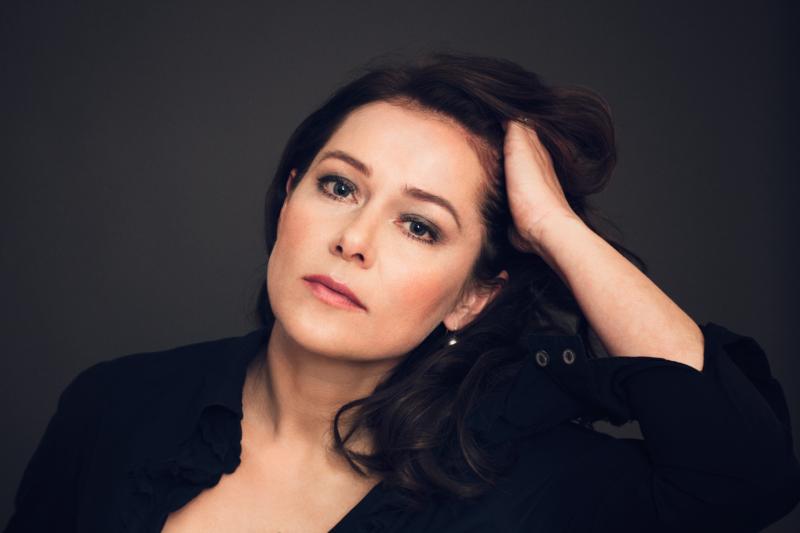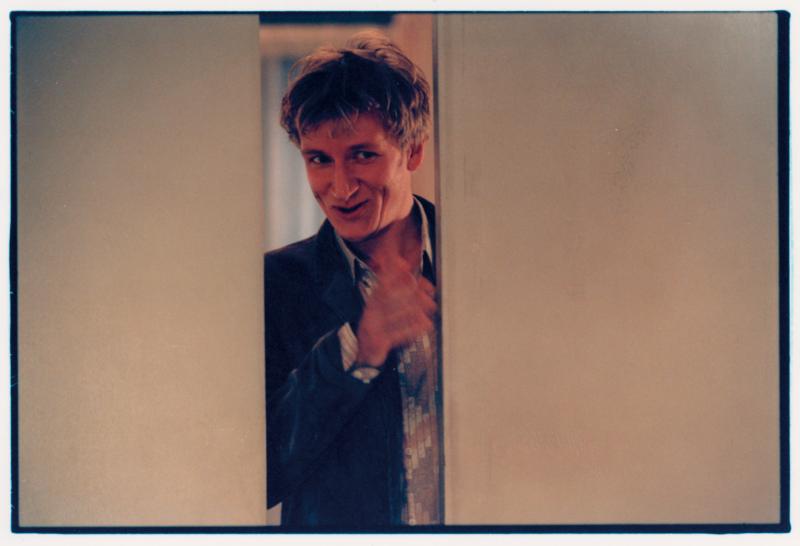Not only did the Dogme manifesto and films like "The Celebration," "Mifune" and "The Idiots" bring international attention to Danish films. The Dogme wave also launched the careers of several Danish actors.
This pick of seven Danish Dogme actors shows how time has passed and careers have evolved since the Dogme 95 manifesto met with its first audience on 20 March 1995 in Paris' Odéon Theatre.
Mads Mikkelsen

Mads Mikkelsen's first part in Nicolas Winding Refn's "Pusher" as a callous drug dealer contrasts sharply with his performance as the likeable Niels in Susanne Bier's Dogme film Open Hearts from 2002. Mikkelsen was nominated at the Danish Robert Awards for his performance as the responsible doctor and family man who gives in to the attraction of young Cecilie. Mikkelsen also won an award for Best Actor at the 2003 Rouen Festival du Cinéma Nordique. Today, Mads Mikkelsen is an international star with roles in large productions such as "King Arthur," "Casino Royal" and "Clash of the Titans" – and most recently as Dr. Hannibal Lecter in the TV series "Hannibal."
Ulrich Thomsen

Thomas Vinterberg's The Celebration from 1998 was a domestic and international success. The role as the despairing Christian is still one of Ulrich Thomsen's most notable performances on the silver screen and attracted immediate international attention. Since then, Thomsen has appeared in the James Bond film "The World is Not Enough," Kathryn Bigelow's "The Weight of Water" and the western "Killing Me Softly," to name a few. The third season of the US TV series "Banshee" is currently airing around the world, where Thomsen plays the intimidating businessman Kai Proctor. Thomsen reunites with Thomas Vinterberg in Vinterberg's upcoming drama "The Commune," set to premiere later this year.
Nikolaj Lie Kaas

Nikolaj Lie Kaas made his feature film debut at a young age in Søren Kragh-Jacobsen's "The Boys from Skt. Petri" from 1991, for which he received both a Robert and a Bodil award. In 1998 he got his first role in a Dogme film in Lars von Trier's The Idiots and again in 2002 when he played the lead in Åke Sandgren's Truly Human. Since then Lie Kaas has played in numerous Danish films and TV series and in supporting roles in international productions such as "Angels & Demons," "The Whistleblower" and most recently in the thriller "Child 44" where he stars opposite Tom Hardy, Gary Oldman and Noomi Rapace.
Sofie Gråbøl

One could hardly call Sofie Gråbøl inexperienced when she starred in Søren Kragh-Jacobsen's Dogme film Mifune in 1999. At the time she had already starred in 19 feature films. But the part as Claire in "Mifune" opened the door to more comedic film roles. "Mifune" became an audience success and also garnered critical acclaim, bringing home the Silver Bear from the Berlinale in 1999. Subsequently Gråbøl had parts in numerous Danish features and TV series, most notably "The Killing" which made Gråbøl a household name among international audiences. She appeared as Margaret of Denmark, queen of James III of Scotland, in The James Plays at the National Theatre in London and is currently to be seen in the British TV series "Fortitude."
Lars Mikkelsen

Lars Mikkelsen's part as the emotionally constrained husband of the manic-depressive Kira in Ole Christian Madsen's Dogme film Kira's Reason – A Love Story from 2001 was one of his first big roles in Danish film and television. The film won several national Bodil and Robert awards and also attracted international attention. Since then Lars Mikkelsen has played leading roles in Danish film and television, such as the hit series "The Killing" and last year's well-received Cannes contestant "When Animals Dream" by Jonas Alexander Arnby. Currently Mikkelsen is starring in the European co-production "The Team" and the Netflix series "House of Cards," for which Mikkelsen has received great recognition.
Sidse Babett Knudsen

Sidse Babett Knudsen first hit the mark with the Danish audience playing Sus in Susanne Bier's "The One and Only" from 1999. She had her Dogme debut in Natasha Arthy's Old, New, Borrowed and Blue from 2003 as Kathrine, a young woman so eager to please everyone she has problems telling the truth. Subsequently Knudsen showed her talent as both comedic and dramatical actress. Her comic timing is apparent in "Take the Trash" (2008) and "Almost Perfect" (2012), while she takes on more serious roles in Susanne Bier's "After the Wedding" (2006) and as Danish Prime Minister in "Borgen." Recent and upcoming international performances include Peter Strickland's "The Duke of Burgundy" (2014) and Tom Tykwer's "A Hologram for the King," in which she will be starring opposite Tom Hanks. She is also on the cast of the Dan Brown adaptation "Inferno," set to premiere in 2016, once again playing opposite Tom Hanks.
Jens Albinus

Jens Albinus had already performed several roles on stage when he made his feature film debut as the visionary leader of the commune in Lars von Trier's Dogme film The Idiots from 1998. This set off Albinus' career in feature films and he has since had roles in films such as Lars von Trier's "Dancer in the Dark" (2000) and "Nymphomaniac" (2013) and in Nils Malmros' "Facing the Truth" from 2002. His role as the perfectionist surgeon in the latter earned him a Danish Bodil Award in 2003. In 2015, Albinus will be starring in three Danish productions: "Rosita" by Frederikke Aspöck, "Long Story Short" by May el-Toukhy and "The Idealist" by Christina Rosendahl.
